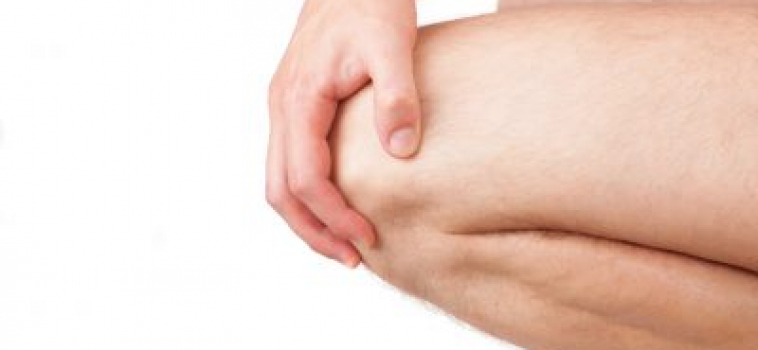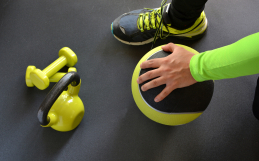If you read any given newspaper on any given day, you’ll see a lot of current research on weight loss interventions – clinical trials, studies, drugs, and more.
Are scientists just trying to get you abs?
Of course not. Science doesn’t care about your abs. But it does care about public health, and that’s why there’s so much focus on obesity.
There are a whole bunch of negative outcomes associated with excessive body fat – blocked arteries, heart attacks, diabetes, high blood pressure, and etc. Everyone has heard of these, and everybody wants to avoid them.
While there are superficial and medical reasons to avoid weight gain, there are “in between” reasons that are rarely reported on.
And the biggest one, believe it or not, are your knees.
Did you say my knees?
Yes, knees.
One of the most reliable associations with obesity is osteoarthritis, a joint disease which affects primarily cartilage (i.e. the tissue on the end of your bones which allows them to move relative to each other).
Arthritis can attack any of your joints, but the knees are special for a few reasons – first, we need them to get around, and second, they’re particularly problematic when excess bodyweight is contributing to the arthritis.
There are a few ways that weight gain affects your knee joints:
Too much weight on the joint
Unfortunately when your BMI increases,and you support yourself on your legs all day walking around, the load on your knees over a period of many years may cause damage.
Simple, straightforward, and concerning.
Body fat is an inflammatory organ.
We have a tendency to think of body fat as just ‘stored energy’. It isn’t. Body fat is an active organ which secretes a class of chemicals called adipocytokines – hormones which play a key role in cartilage metabolism and ‘turnover.’
And, as you might have guessed by now, more body fat means more adipocytokines, and therefore more cartilage damage.
Finally, both of the above contribute to a bigger problem which is…
Too little weight on the cartilage
Cartilage needs some stress. When your knees hurt and exercise is hard because of excess bodyweight, you tend to spend more time off your feet. This reduces tissue turnover, the natural process by which cartilage is broken down and reformed, and accelerates the overall pace of arthritis.
Conclusion
It’s not all about your abs. Excess body fat has real consequences to your life which go much further than just how you look. As you get older, the extra weight you may be carrying will contribute to a rise in injuries, especially in your knees.





